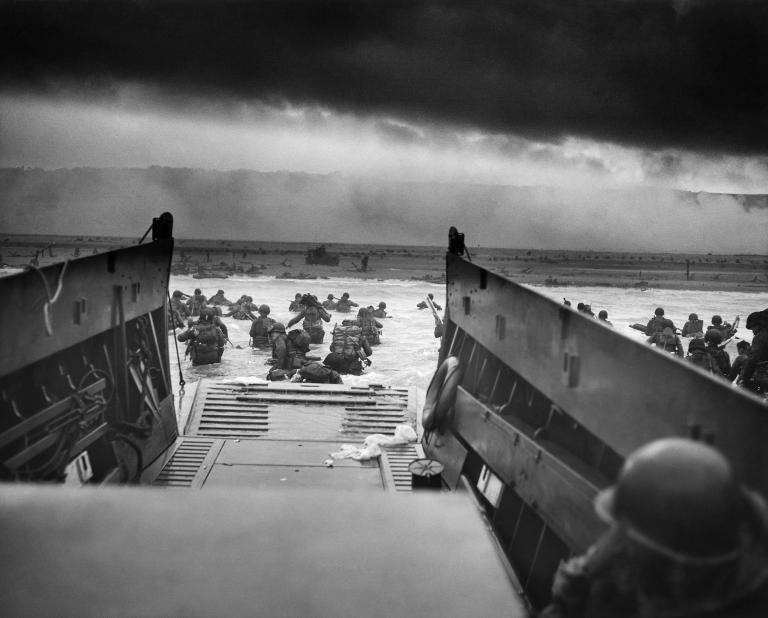
It is very easy for us in the United States to become insular, as we focus on coping with trauma here at home. The church in America is no exception. As a result, we may not be attentive and sensitive to the trauma Christians face across the globe, including missionaries. I reached out to a veteran missionary with Wycliffe who will be presenting at an interdisciplinary and multidimensional conference for New Wine, New Wineskins at Multnomah University and Biblical Seminary on Saturday, March 18th titled “Trauma and Resilience.” In what follows, Dr. Larrie (Laura Mae) Gardner provides responses to my questions about the distinctive forms of trauma missionaries experience in global contexts, and what can be done to cultivate resilience.
Paul Louis Metzger (PLM): Dr. Gardner, you and your husband are veteran missionaries with Wycliffe and SIL. Among your various responsibilities, I understand that you travel widely to address the subject of trauma and resilience in global contexts. What led you to invest energies and time in this endeavor as a missionary?
Larrie Gardner (LG): The missionary life is carried out on the front lines, and evil and Satanic forces are often subtly involved. There is little awareness of this factor in sending countries or organizations. Our colleagues were experiencing so much trauma—and still are! We wanted to do something about it, and doing so fell within our responsibilities. We strongly believed that understanding trauma, experiencing care, and debriefing in a timely way, could make a huge difference. Indeed, it has.
PLM: What are some specific examples of trauma that you have witnessed among missionaries?
LG: Just this week, I was asked to help with a situation involving a kidnapping. Our members have experienced a lot of forced withdrawals from their places of ministry or countries of service, evacuations, armed burglaries, extended kidnappings, sudden deaths, violent deaths, warfare or civil unrest, major inexplicable sicknesses, unresolved and sustained conflicts, surveillance, moral failures, termination of visas or permits, car accidents, epidemics, and the ‘turning back’ of spiritual children, just to name a few.
PLM: Are there particular forms of trauma that are unique to our present global context, and that were not so widespread previously? If so, what are they, and why do you think they are manifesting themselves today?
LG: I would say that generally speaking we are observing an intensification of previous forms of trauma rather than new forms of it. Such intensification includes heightened governmental restrictions on ministry ventures so workers are not allowed to do what they intended to do; increased anti-American sentiment, more intense multicultural conflicts, a striking loss of vision, a slight spike in sudden and premature resignations, and an upsurge in spiritual warfare.
I believe these forms of trauma are manifesting themselves more so today because our world is in disarray, with more anger, more expectations of entitlement, more reactions involving active evil forces against anyone who enters Satan’s territory, and more multi-generational teams, which often involves more team conflicts. Also, as noted above, I think there is more disaffection with America and Americans. Moreover, there is often less support from home churches, as some are withholding funds or fail to provide member care for their members serving across the globe.
PLM: How do you encourage missionaries to cultivate resilience? What are some specific, concrete steps they can take to cultivate resilience?
LG: I have written a sixteen-page booklet on this very topic, and plan to give a copy to everyone who comes to my workshop at the conference “Trauma and Resilience.” This booklet—titled Resilience—should answer some of these questions. Having said that, a few specific points come to mind. Certainly, a deep awareness of the sovereignty and goodness of God is crucial. Good relationships can also make a huge difference, especially relationships with team members, with those in authority, and with those in the receptor cultures.
PLM: How would you encourage our readers, who may be preparing for global mission work, to prepare themselves to deal with trauma and foster resilience?
LG: Come to the workshop I will give at 3:00 p.m. on Saturday, March 18th at “Trauma and Resilience”! Also, read the book by Schaefer and Schaefer titled, Trauma and Resilience. Read the chapter on resilience in Volume II of Dodds and Gardner’s three-volume series, Global Servants. Talk with senior, successful mission workers to find out their secrets for endurance. There are a number of other resources that I mention in the booklet, Resilience. To be sure, these are not the last words on the topic of missionary trauma. There is much more to be said.
PLM: Just as there is much more to be said, there is much more prayer that needs to be offered up in support of our brothers and sisters in Jesus who are serving as missionaries abroad. Here is my prayer. “Father, give us eyes to see, ears to hear, and hearts that are open to the cries of missionaries and other followers of Jesus from other countries around the world. May you move us by your Spirit from insularity to deep interest and long-suffering love. Amen.”














